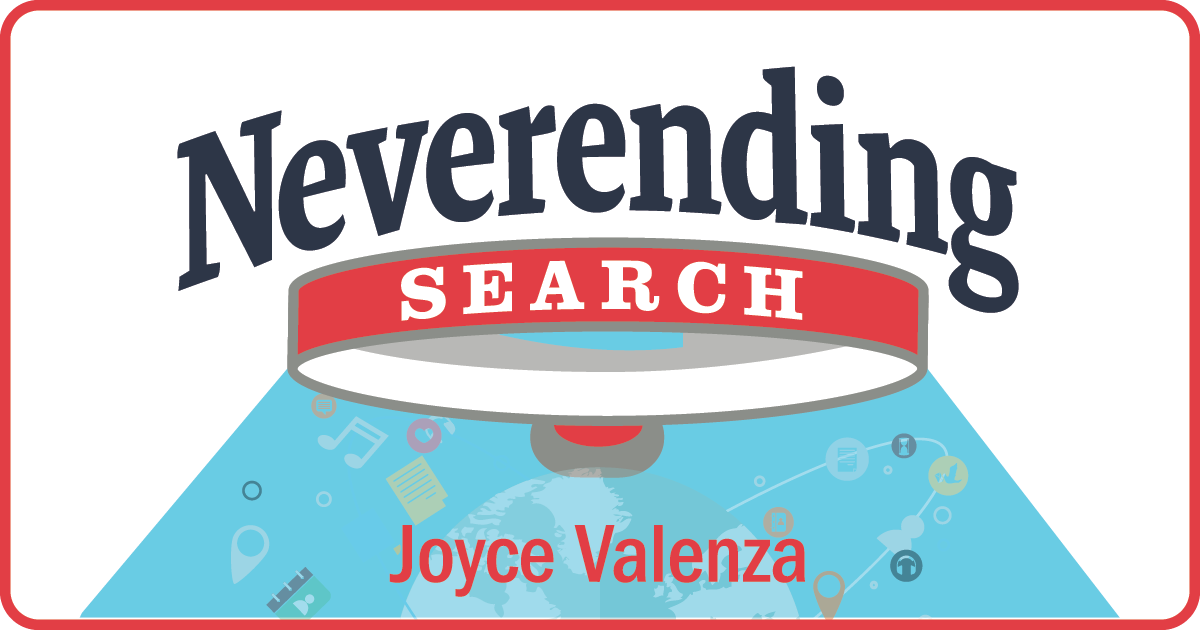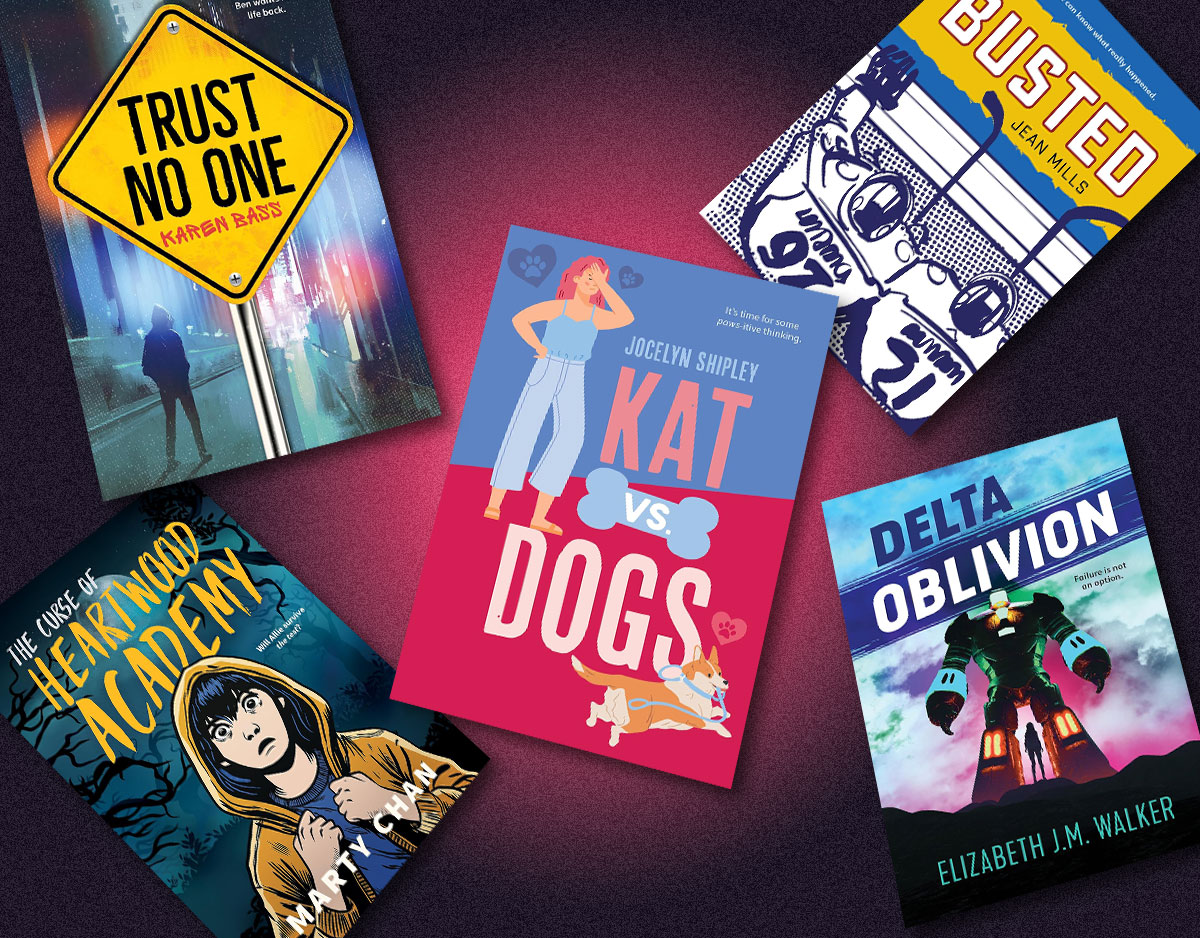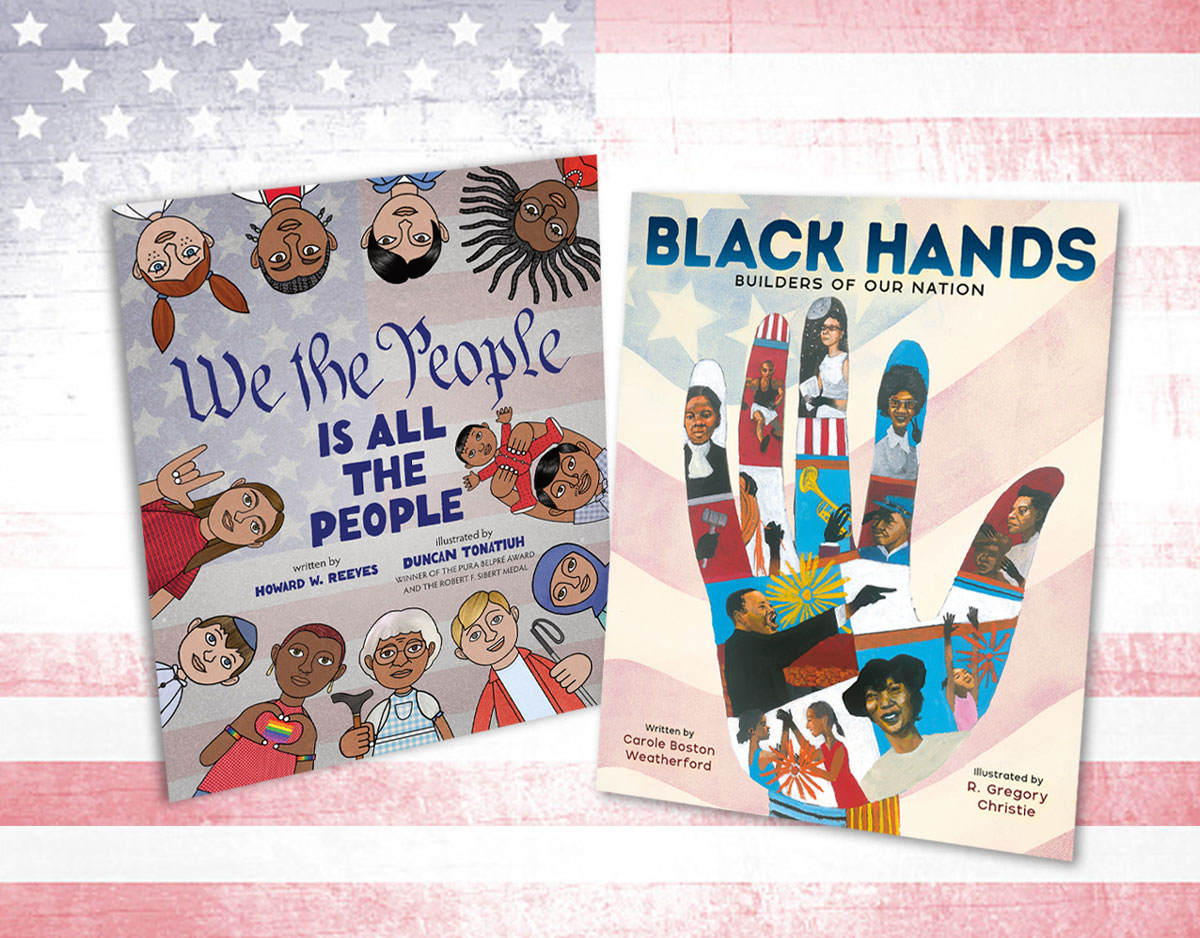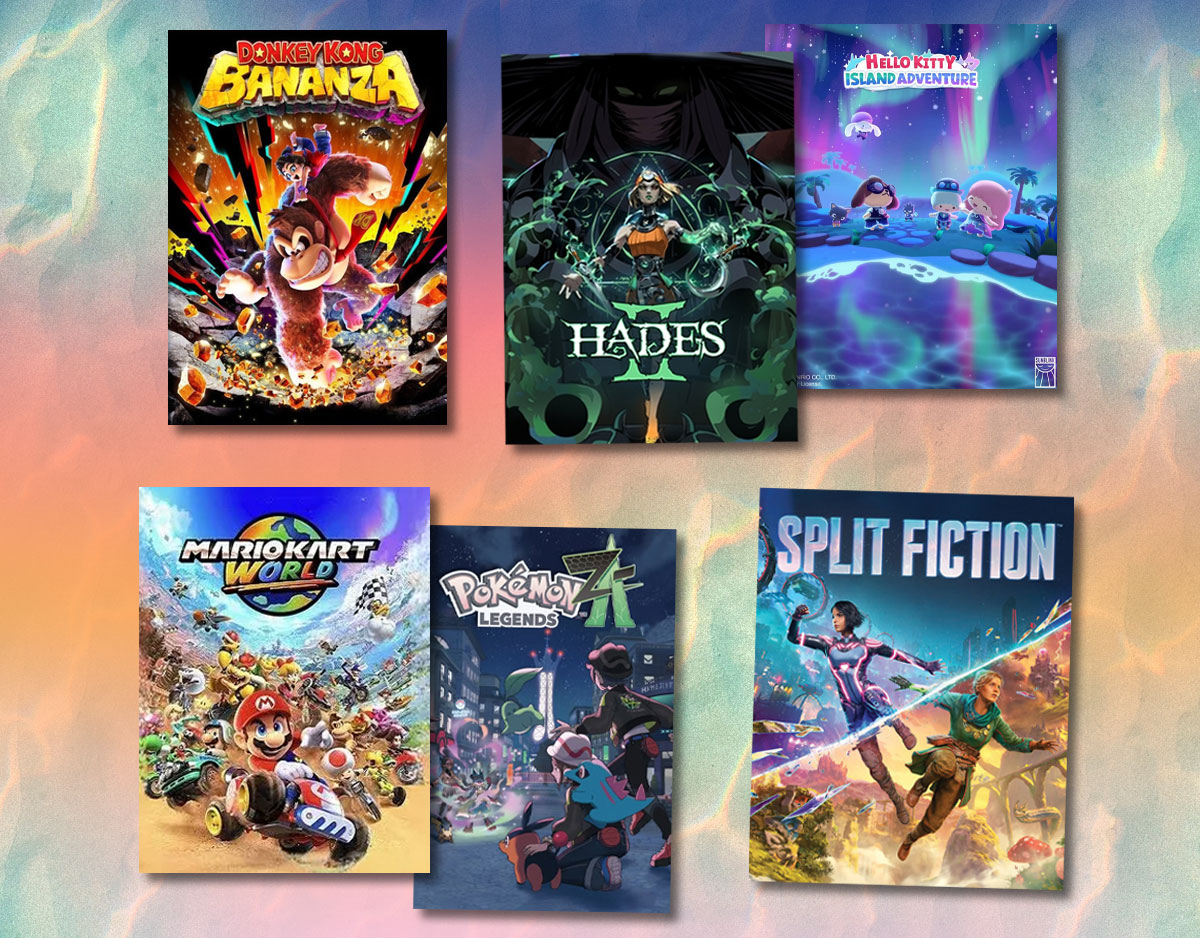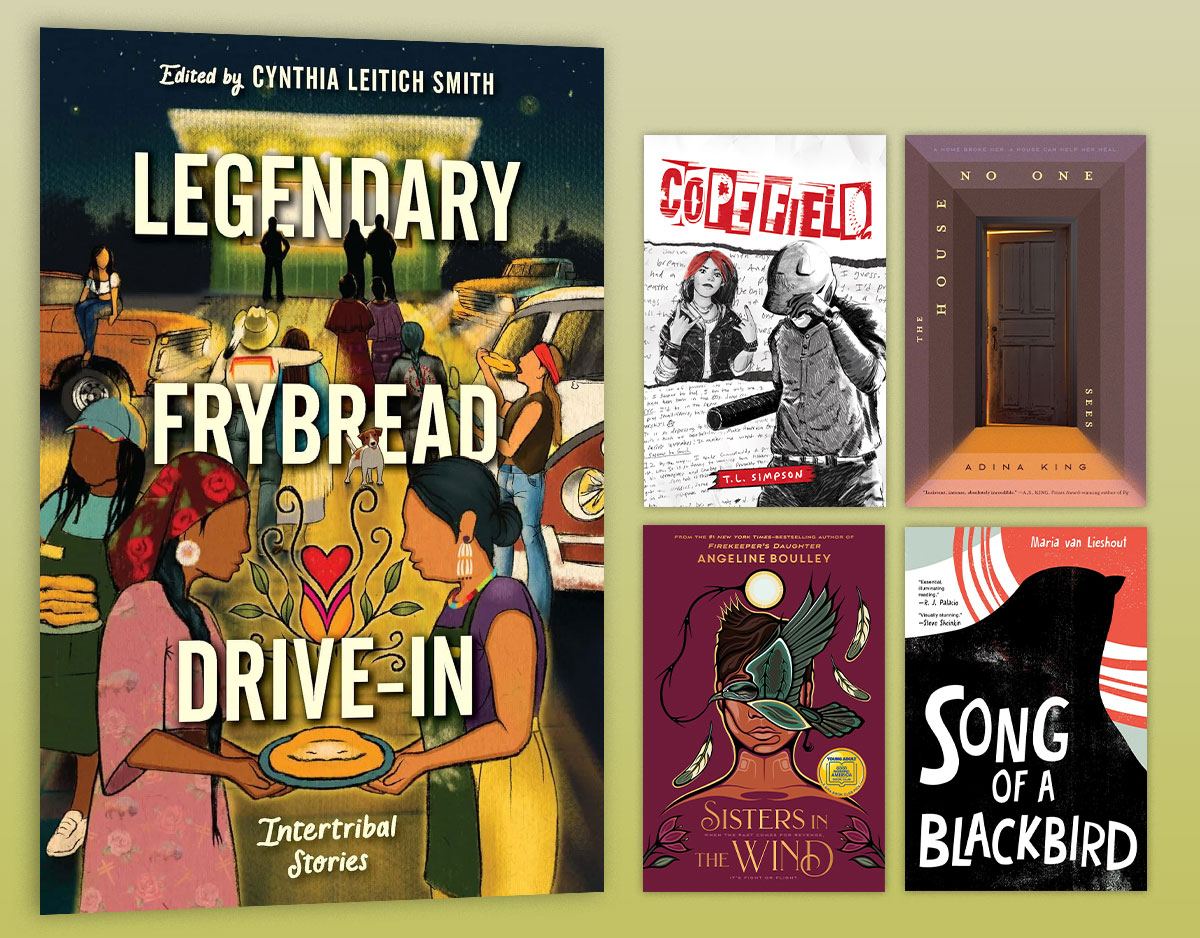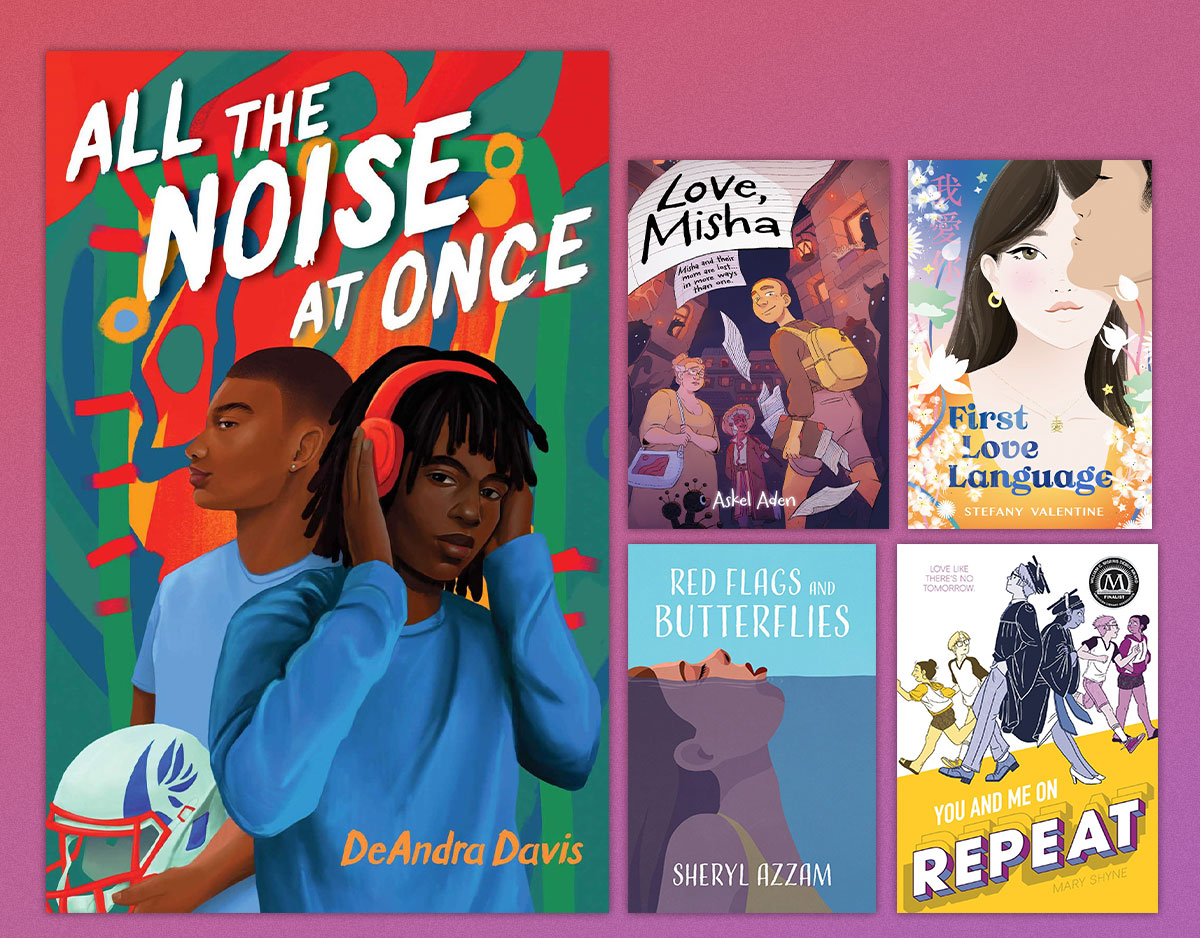SCROLL DOWN TO READ THE POST
WikiBrains for crowd-sourced brainstorming and discovery
Brainstorming can be hard, especially when we approach a new topic with limited context and vocabulary. (Well maybe not as hard as it is for those two guys.)

Many of us are still grieving over Google’s WonderWheel. And many of us are grateful for InstaGrok’s brainstormy grokkiness and productivity tools like Mindomo.
A new kid on the semantic search/mindmapping block, WikiBrains calls itself the Worlds Largest Brainstorm. Launched in January and currently in Beta, the Israeli startup allows users to globally collaborate on mindmaps or to simply benefit from the global mindmapping and creative associations of others.
Here’s how the collaborative knowledge discovery platform works:
WikiBrains‘ About page lists the Mission:
To create an online brain that will spark creativity and out of the box thinking through collaboration. Our larger goal is to promote multi-cultural understanding for an abundant future.
Today brainstorming, and mind mapping for that matter, remains a frustrating, time-consuming, lonely and boring experience. It sucks, but we are changing that. The creative process should be fun and dynamic and take advantage of the smart crowds. Great creativity and innovation come through patterns of associations, and the further apart these are the further outside the box your thinking is.
Users can browse, modify, or create their own mindmaps, collections of related topics and sub-topics generated by users. As users explore topics and add associations, WikiBrains suggests articles, documents, images and videos on the right of the screen, pulling largely from Wikipedia, YouTube and the New York Times. A recent EdSurge article shared that the company is working with the Harvard Library to make its millions of online records and resources accessible to users.
ADVERTISEMENT
ADVERTISEMENT
Bubbles generate from the from the platform’s semantically-linked knowledge database, with bubble sizes representing the relevance of the associations. Larger bubbles are those added or collected more often by more users. Collect a word and it will turn green.
Because suggestions are based on the associations of the community, they may be a mixed bag of relevant or irrelevant ideas, rabbit-hole trips, and interesting outside-the-box thinking. The community currently includes approximately 10,000 active student users who have contribute more than 100,000 items.
Users may login with their email addresses or their Facebook or Twitter credentials. Associations are shared on the platform by default, but registered users may create private maps to brainstorm to share with specific groups and individuals. Though you may use the platform anonymously, for registered users, brainstorms save automatically and may be shared on a variety of social networking platforms using buttons on the bottom left.
The Privacy Policy notes that
WikiBrains will not obtain personally-identifying information about you when you visit our site, unless you choose to provide such information to us.
The platform collects and stores:
1. the name of the domain from which you access the Internet
2. the date and time you access our site
3. the Internet address of the website you used to link directly to our site.
4. name, email address, profile picture, password and any data that you generate while using the site
When Jared (a senior) and I searched for connections between residential use of pesticides and disease, we discovered lots of interesting leads–articles, media, government documents, and additional keywords and phrases. We also discovered how many previous searchers had trouble spelling disease. Of course we had to dig deeper for this major project, but on the whole, it was a great starting point for gathering context.

Filed under: search tools
About Joyce Valenza
Joyce is an Assistant Professor of Teaching at Rutgers University School of Information and Communication, a technology writer, speaker, blogger and learner. Follow her on Twitter: @joycevalenza
ADVERTISEMENT
SLJ Blog Network
One Star Review, Guess Who? (#226)
Your Jon Klassen, or, What’s Up With All the Board Books?
Otaku x Gal, vol. 1 | Review
Goodbye for Now
Take Five: February 2026 YA Books
The Classroom Bookshelf is Moving
Elisha Cooper Visits The Yarn!
ADVERTISEMENT
ADVERTISEMENT

